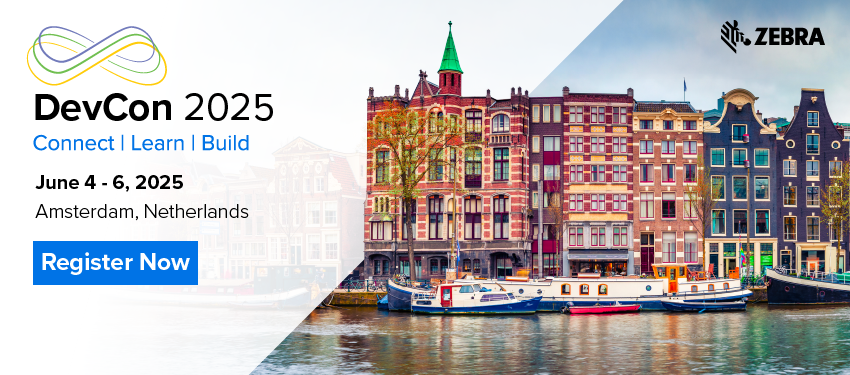JCenter End-Of-Service & EMDK Migration to MavenCentral

JFrog, the company that maintains the JCenter artifact repository where the EMDK is hosted, recently decided to make JCenter a read-only repository.
According to the official announcement here, JCenter will allow existing repositories (including the EMDK) to be downloaded indefinitely. However, the official recommendation from Google is to migrate packages to a new host. We’ve taken this recommendation on-board and will now be distributing our future releases via MavenCentral. To maintain back-wards compatibility our latest release, v9.1.1, is available on both JCenter & MavenCentral.
We have in-depth documentation on the changes you may need to make to your application on our EMDK setup guide, however,
- If your app has already been compiled against EMDK v9.1.1 or earlier and deployed to your devices, you don’t need to make any changes.
- If your app is compiled with Gradle versions lower than V7.0, you don’t need to make any changes. Note: If you're creating a new project with Android Studio Arctic Fox or later, you will need to add the JCenter repo to your build.gradle file manually, as Android Studio no longer does this by default.
- If your app is using an EMDK version later than V9.1.1 (currently not released at time of writing) or you’re experiencing compile issues, you should modify your build.gradle files as described here.
- If your app is compiled with Gradle version V7.0 or later, you must update the JCenter repo to MavenCentral in your build.gradle files, as described here.
- Lastly, if your app is compiled with the latest Gradle plugins (i.e. V7.0.3+) you must also add a reference to Maven under the dependencyResolutionManagement object in the settings.gradle file, as described here.
Whilst you may not need to make any updates to your app immediately, as outlined above, Zebra recommends that you adopt the latest solution (MavenCentral & Gradle V7+) to avoid any issues that may crop up in the future.
Finally, for any use-cases where you might not want to use MavenCentral or JCenter, you can download the latest (9.1.1) jar directly here.

James Swinton-Bland

